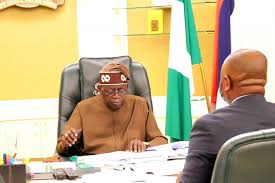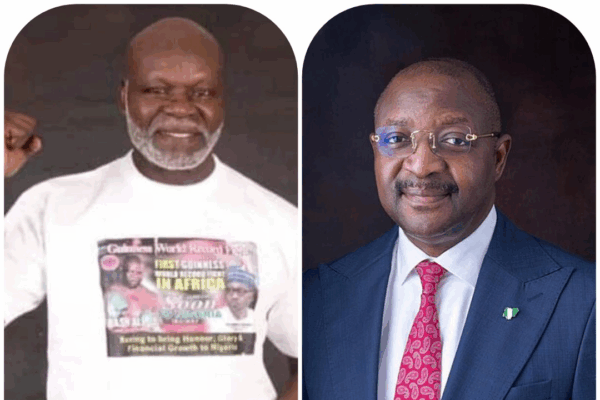*June 3, 2024*
South Africa’s recent national and local elections on May 29 marked a significant milestone in the country’s democratic journey since the end of apartheid. For the first time, the ruling African National Congress (ANC) lost its parliamentary majority, potentially leading to the nation’s first coalition government.
Voter dissatisfaction was evident as opposition parties, including the Democratic Alliance (DA), Economic Freedom Fighters (EFF), and newcomer umKhonto we Sizwe (MK), mobilized mass campaigns to challenge the ANC. The elections proceeded peacefully, showcasing South Africans’ discipline and respect for the electoral process.
Economic concerns played a decisive role in the election outcome. Under the ANC administration, South Africa has grappled with high unemployment, rampant crime, and widespread corruption. Economic metrics highlight the nation’s struggles: a GDP per capita lower than in 2008, a significant drop in the Economic Freedom Index from 47th in 1997 to 94th in 2021, and national debt soaring from 24% to 75% of GDP since 2008.
Young and predominantly black voters, distanced from the liberation politics of the past, prioritized economic issues over historical loyalty to the ANC. This shift signifies a broader trend across Africa, where young populations increasingly demand competent economic management from their leaders.
This election underscores a critical lesson: economic growth must be the focus of political agendas. African nations, rich in resources and a burgeoning educated workforce, must harness these strengths for sustainable development. The mix of economics and politics is the new order, and leaders who neglect economic issues do so at their peril.
South Africa’s well-organized, peaceful elections stand in stark contrast to the often chaotic electoral processes in Nigeria. Nigerian voters must learn from this example and prioritize electing leaders who can effectively manage the economy.
As South Africa moves forward, the diminishing support for the ANC serves as a reminder that failing to address economic challenges will erode political dominance. Young voters hold the key to reshaping the future, emphasizing the need for economic competence in leadership.
 By Dakuku Peterside.
By Dakuku Peterside.
Packaged by BENTV
—————————————————————————————————————————————
Your help to our media platform will support the delivery of the independent journalism and broadcast the world needs. Support us by making any contribution. Your donation and support allows us to be completely focus, deeply investigative and independent. It also affords us the opportunity to produce more programmes online which is a platform universally utilised.
Thank you.
Please click link to make – DONATION










